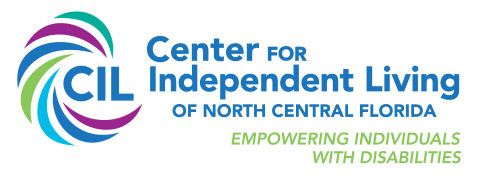What the Affordable Care Act Means for
Americans with Disabilities
By Henry Claypool, Director of Office on Disability
As the 20th Anniversary of the Americans with Disabilities Act and 11th Anniversary of the Olmstead v. LC decision approach, it is exciting to reflect on how the Affordable Care Act (ACA) advances the principles of equality, barrier removal, and community integration embodied in these landmark events.
Historically, people with disabilities have been severely disadvantaged in accessing private health insurance, subject to discrimination based on pre-existing conditions, benefit limits and exclusions, and at risk of losing coverage on short notice. Medicaid’s institutional bias — allowing coverage of home and community based long term care services and supports while requiring coverage of nursing home services — perhaps kept too many people with disabilities in nursing homes, despite clear consumer preference for and the cost-effectiveness of community living. Exam equipment isn’t designed to meet persons with disabilities’ needs and knowledge on existent health disparities has not been used to address these concerns.
The Affordable Care Act makes considerable strides in addressing these concerns and advancing equality for persons with disabilities. This year, the new law will end pre-existing condition discrimination for children with disabilities, dropping people from insurance plans when they become sick and lifetime benefits limits. By 2014, insurance companies will be barred from discrimination on the basis of medical history or genetic information, and precluded from setting unreasonable annual limits. Plans will be required to provide information in a user-friendly manner that clearly explains what is and isn’t covered.
The Affordable Care Act advances community living by extending the Money Follows the Person program, improving the Medicaid home-and-community-based services (HCBS) option, and creating new options and incentives making it easier for states to provide HCBS – including Community First Choice. Yesterday, the Centers for Medicaid and Medicare Services (CMS) released a letter to State Medicaid Directors stressing our commitment to Olmstead implementation and community integration. Outside Medicaid, the new law provides for the creation of a new, voluntary, self-insured insurance program (CLASS Act) that helps individuals pay for long-term supports and services if they develop a disability.
The Affordable Care Act enhances health care delivery by establishing standards for medical diagnostic equipment so people with disabilities can access vital preventative care, instituting data collection, enhancing providers’ cultural competency and improving care coordination between Medicare and Medicaid for people with chronic conditions.
This is just the leading edge of change, which will allow a health care system better attuned to the needs of people with disabilities, while honoring the principles of equality, inclusion and community living!



